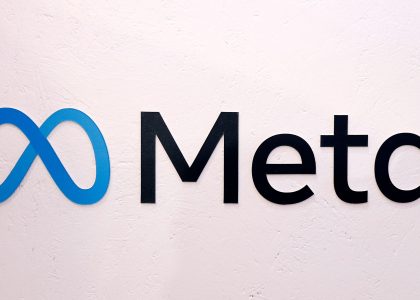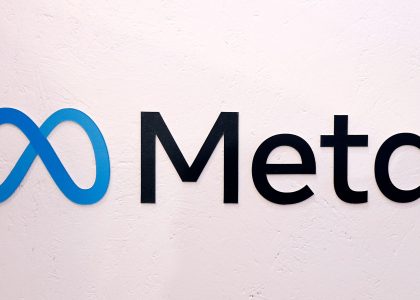



In a surprising turn of events, Meta has emerged victorious in a $168 million legal battle against spyware creators. While some might see a reason to celebrate corporate triumphs, the implications for privacy and technology raise complex questions worth exploring.

As Meta sets its sights on expanding its military ambitions, the tech giant is strategically recruiting former Pentagon officials. This move signals a significant shift, blending technology with defense, as Meta aims to leverage expertise from the national security landscape.

A recent court filing reveals internal discussions among Meta executives acknowledging the company’s struggles against TikTok. The document illustrates a pivotal moment where leadership recognized the urgency of adapting strategies in the face of rising competition.

After six months of wearing Ray-Ban Meta Smart Glasses, I’ve discovered a blend of nostalgia and innovation. From seamless music streaming to capturing spontaneous moments, these glasses offer a glimpse into the future of wearable tech—both exciting and occasionally overwhelming.

As Meta Platforms (NASDAQ: META) navigates the evolving digital landscape, analysts project a cautious yet optimistic trajectory for 2025-2030. Factors such as user growth, innovation in AI, and regulatory challenges will shape its future price dynamics.

Meta is reportedly exploring the integration of facial recognition technology into its upcoming AI glasses, raising critical privacy questions. As the line between innovation and personal space blurs, users must consider the implications of this technological leap.

Meta has officially committed to expanding its renewable energy portfolio by signing agreements for two new solar projects in Texas. This move not only aligns with the tech giant’s sustainability goals but also contributes to the state’s growing green energy landscape.

In a recent move, Meta has restricted access to a prominent Muslim news page in India, sparking debates over freedom of expression and content moderation. The decision raises questions about the balance between platform policies and cultural sensitivities.